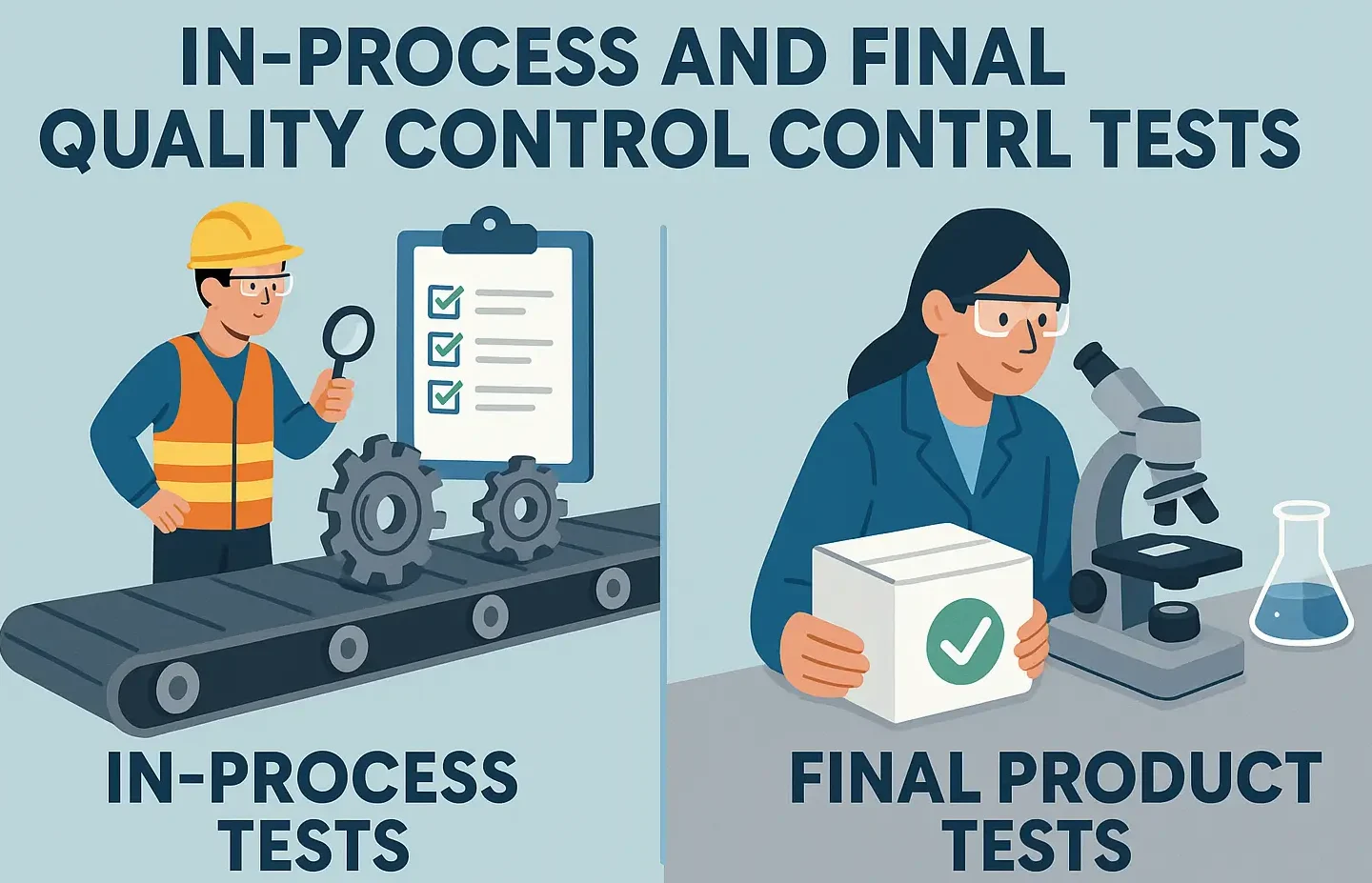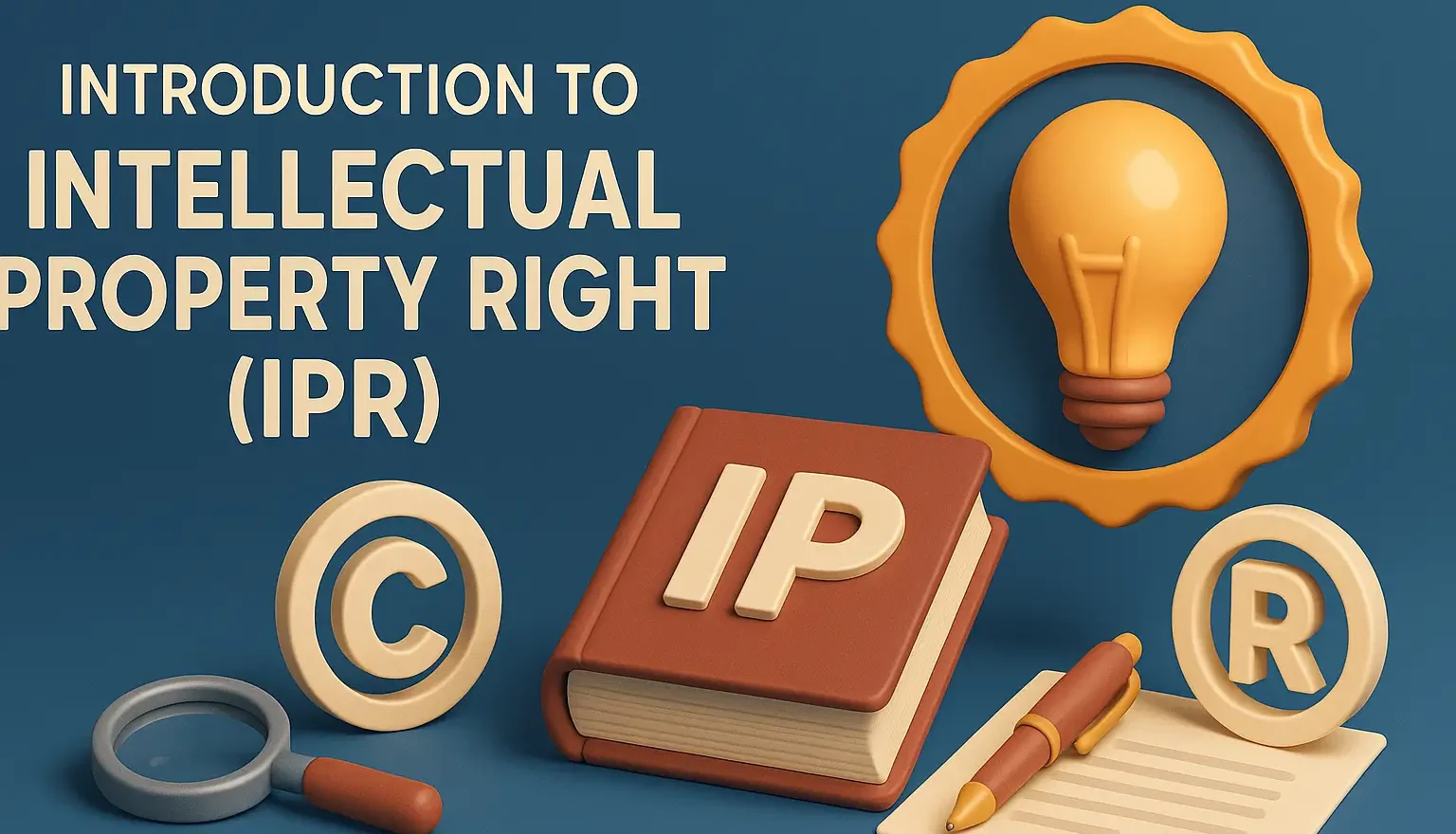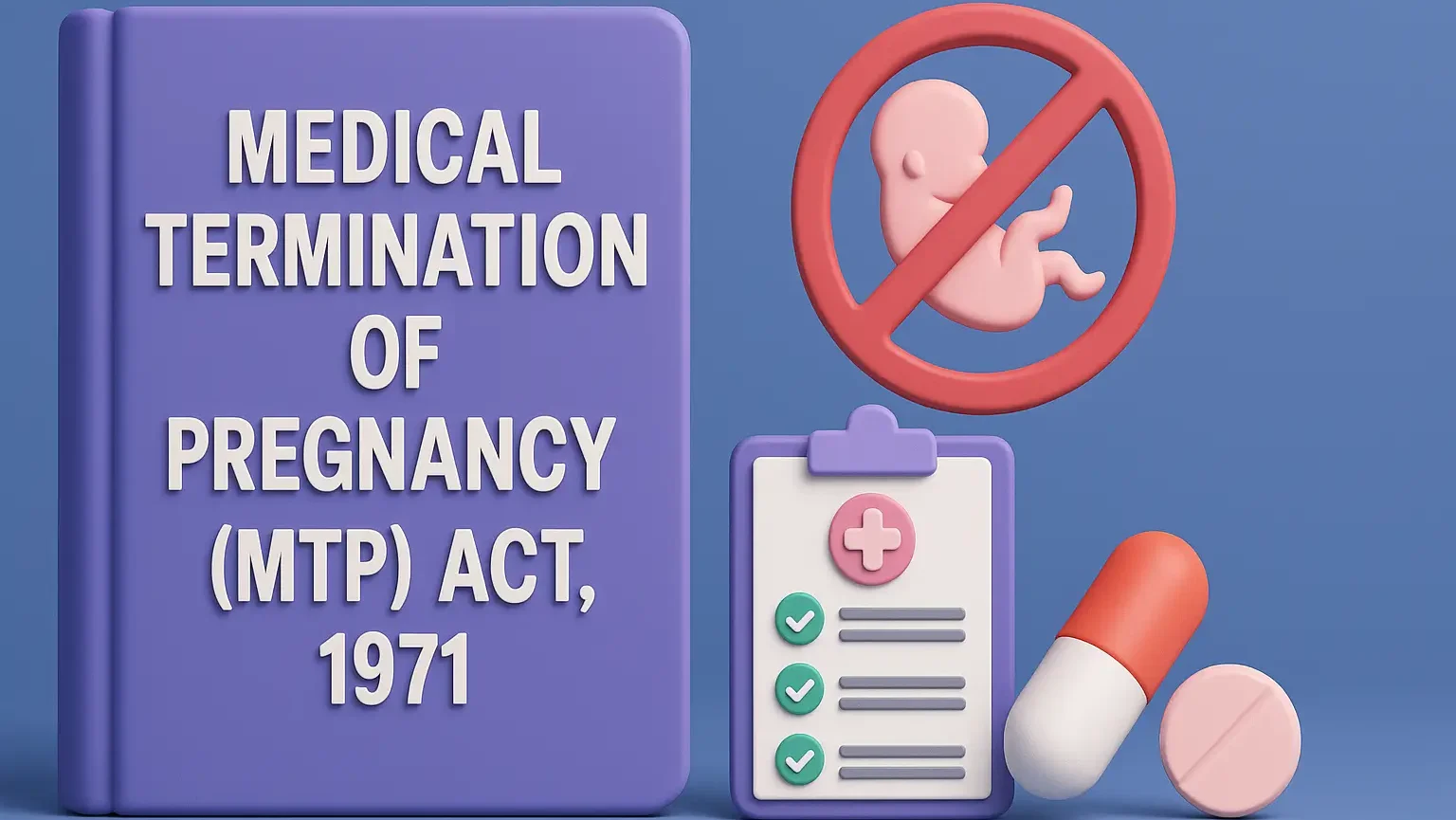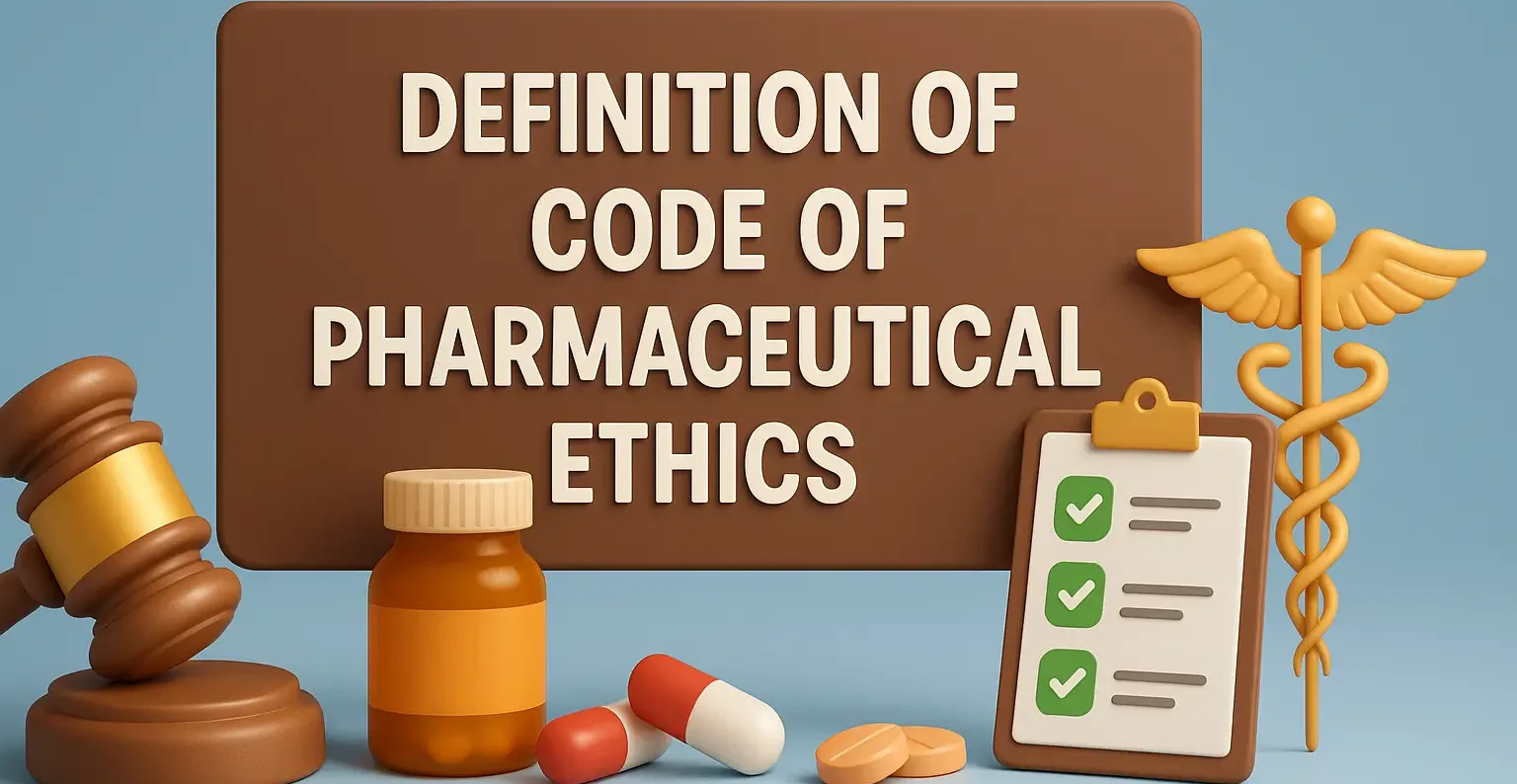In-Process Tests and Final Product Quality Control Tests
In-Process Quality test and Final Product Quality Control Tests ensure product consistency during manufacturing by monitoring critical parameters like weight, hardness, and moisture. In-Process Quality test and Final Product Quality Control Tests also verify finished product quality before release. In-Process Quality Tests: Weight Variation: Measures the consistency of capsule fill weight. Ensures uniform dosing of … Read more










